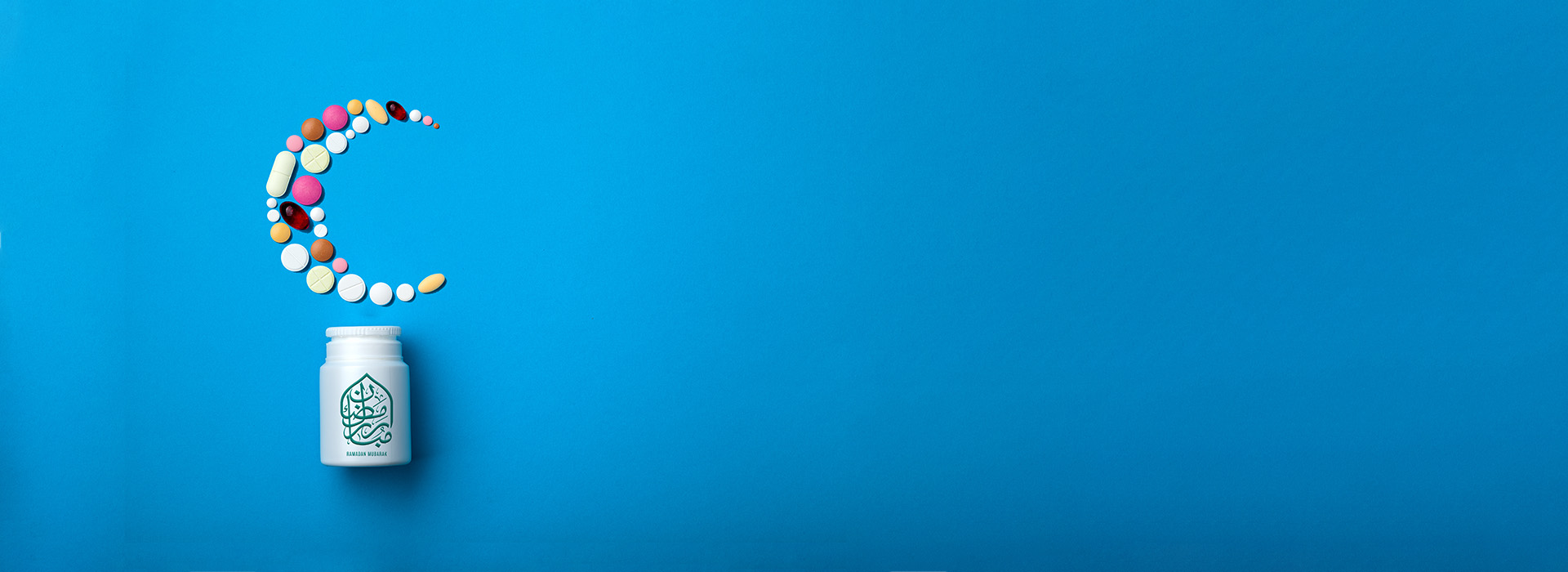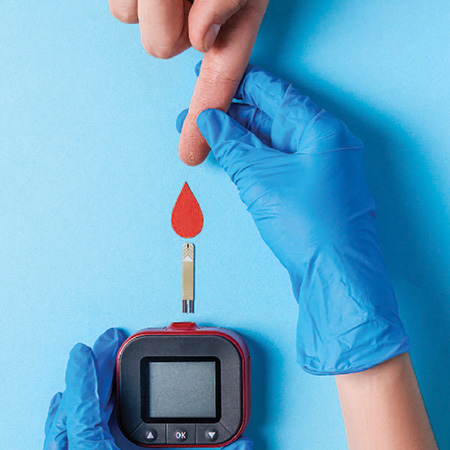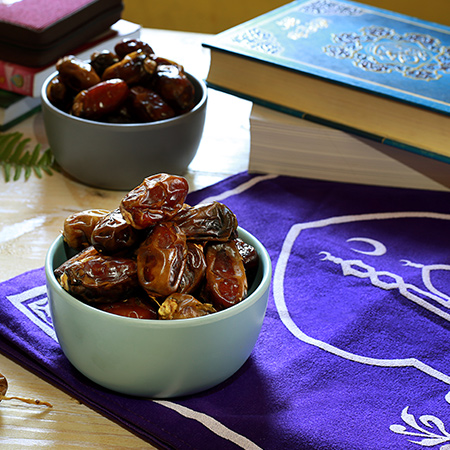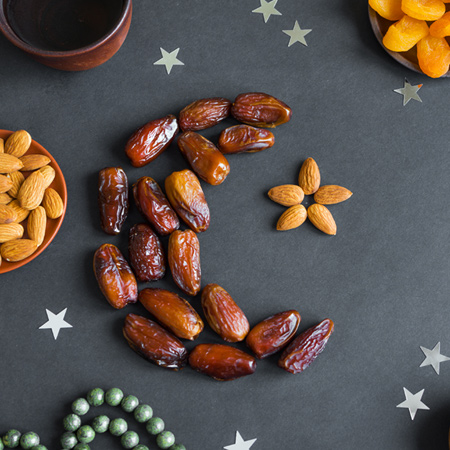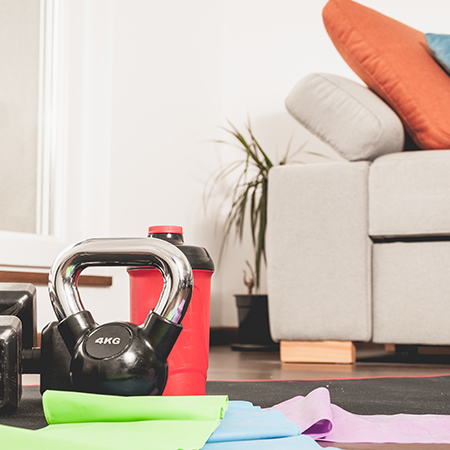
Antibiotics
- For antibiotics with a single daily dose, the dose can be taken after the sunset meal (Iftar). Follow the label instructions as some antibiotics may need to be taken with food while others need to be taken on an empty stomach.
- For antibiotics that are taken twice daily, you can take the usual morning dose at the predawn meal (Suhoor)) and the second dose at the sunset meal (Iftar).
- For antibiotics that are taken thrice a day or more, you may discuss with your clinician the potential to switch to different therapies that can be used twice daily.
- Ensure you take the full course. Do NOT stop therapy once you feel better.
 Patient Relations
Patient Relations

